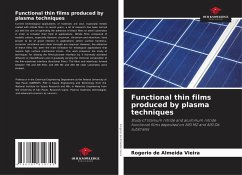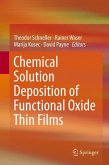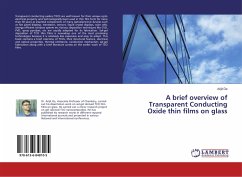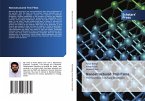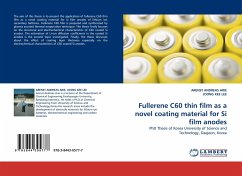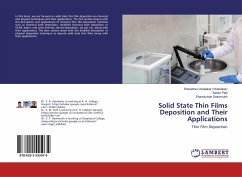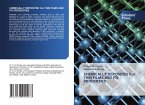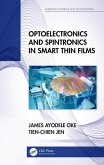Current technological applications of materials are vast, especially metals coated with nitride films. In recent years, a lot of research has been carried out with the aim of optimizing the adhesion of these films to steel substrates in order to broaden their field of applications. Nitride films composed of metallic cations, especially titanium, zirconium, chromium and aluminum, have proven to be of great interest in applications where surface hardness, corrosion resistance and shear strength are required. However, the adhesion of these films has been the main limitation for tribological applications that require high surface mechanical stress. This work proposes the study of techniques for diluting the film/substrate interface by: i) thermally activated diffusion or interdiffusion and ii) gradually varying the chemical composition of the film-substrate interface (functional films). The films and interfaces formed between TiN and AlN films and AISI M2 and AISI D6 steel substrateswere studied.
Bitte wählen Sie Ihr Anliegen aus.
Rechnungen
Retourenschein anfordern
Bestellstatus
Storno

